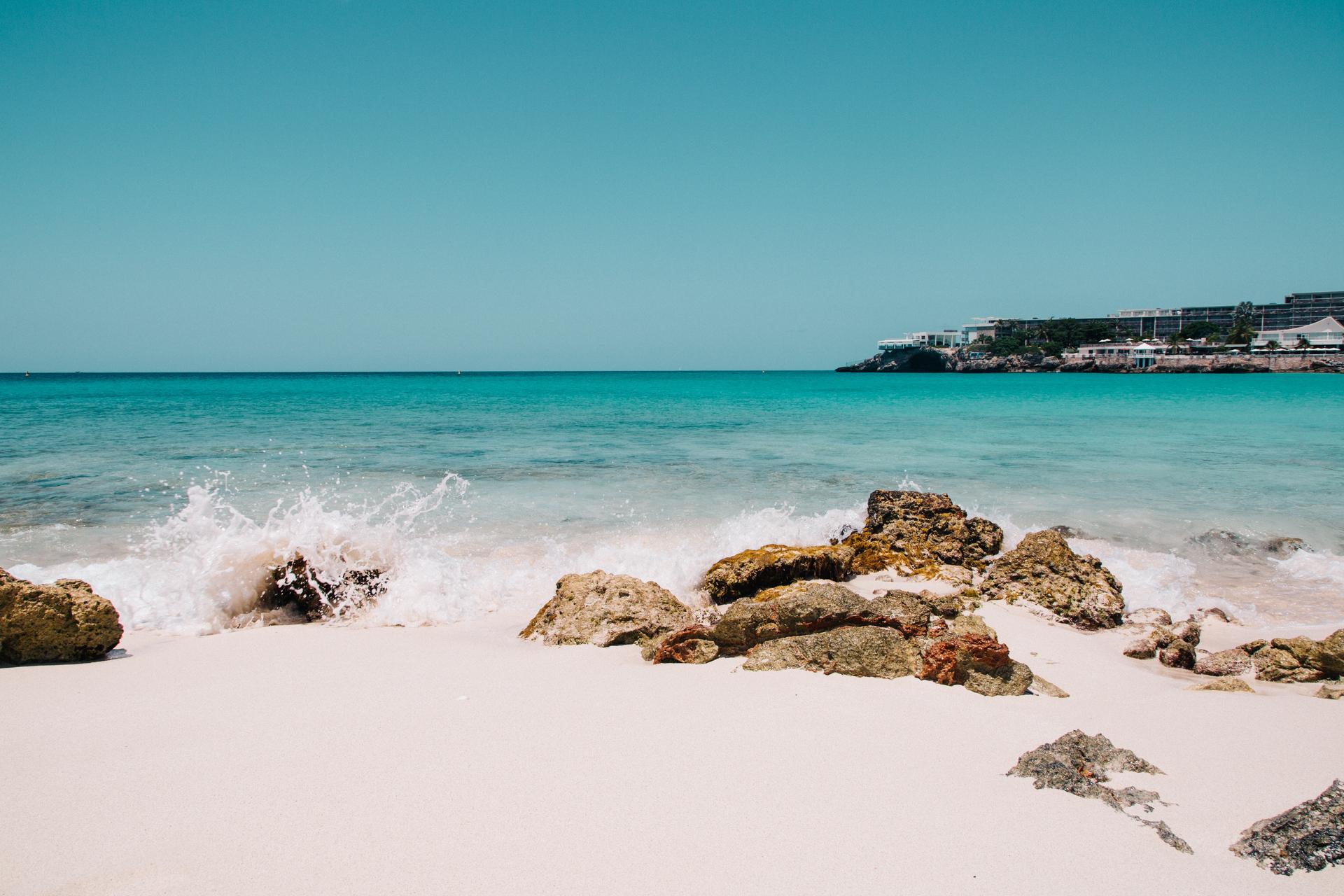Sint Maarten🇸🇽

Sint Maarten is a small country located in the Caribbean, part of the Kingdom of the Netherlands. It occupies the southern half of the island it shares with Saint Martin, a territory of France. The island is known for its vibrant nightlife, beautiful beaches, extensive lagoons, and the famous Princess Juliana International Airport, where incoming airplanes fly low over beachgoers. One can indulge in various activities such as yachting, hiking, diving, and enjoying its rich cuisine which consists of a fusion of Caribbean, French and Dutch flavors. Its unique culture of dual ownership makes it special and intriguing. When visiting, tourists often engage in the Heineken Regatta, explore the scenic beauty of Cupecoy Beach or learn about its history at the Sint Maarten Museum.
⚠️Things you should avoid⚠️
- Avoid traveling during hurricane season if possible due to high risk.
- Avoid leaving your belongings unattended as petty theft can occur.
- Avoid drinking tap water without purifying it first if you have a sensitive stomach.
- Avoid speaking loudly or causing disturbances in public places as it is considered disrespectful.
- Avoid taking photographs without people's consent.
- Avoid secluded areas and walking alone at night, particularly in less touristy regions.
- Avoid public displays of wealth as it attracts undue attention.
- Avoid leaving food out, as it can attract pests.
- Avoid violating marine park rules, do not litter or disrupt the marine life.
- Avoid illegal activities as the government enforces strict laws, especially regarding drugs.
Overall
7
Crime 🔫
5
While Sint Maarten is generally safe for tourists, it has moderate levels of crime. The areas around Philipsburg and Simpson Bay, have reportedly higher crime rates, predominantly petty thefts and burglaries. Lack of enforcement capacity has been a challenge due to its small size and limited resources.
Terrorism 💣
8
The threat of terrorism in Sint Maarten is low. There have been no significant incidents of terrorism on the island in recent history. However, like any other region, the potential for an incident cannot be entirely discounted.
War ⚔️
10
Sint Maarten has been peaceful, with no history of war or significant conflicts. As a constituent country of the Kingdom of the Netherlands, it enjoys a stable political environment.
Natural Disasters 🌊
4
The country is prone to hurricanes especially from June to November. One of the most devastating was Hurricane Irma in 2017, causing widespread destruction.
Medical Care 🏥
6
Medical facilities are relatively limited but adequate. The St. Maarten Medical Center provides a range of services, and there are several smaller medical clinics throughout the island. For serious conditions, medical evacuation may be necessary.
Tap Water Quality 💧
7
Tap water in Sint Maarten is generally considered safe to drink. The government assures the water undergoes treatment and regular testing.
Disease Burden 🤒
7
The prevalent diseases are similar to those in most western countries. However, dengue fever poses a risk as mosquitoes are common on the island.
Corruption 💸
6
Corruption is ever-present but not at a scale that significantly affects daily life or business in Sint Maarten. The government has implemented an Integrity Chamber to monitor and address any issues related to corruption.
Safety for Women ♀️
7
While generally safe, female travelers are advised to exercise common precautions like avoiding deserted areas at night and not leaving drinks unattended.
Safety for Queer People 👬
7
Sint Maarten is fairly progressive, with growing acceptance towards the LGBTQ+ community. Discrimination is legally prohibited and there is a significant LGBTQ+ presence in the country's tourism industry.
Censorship 📺
9
There is freedom of the press in Sint Maarten. The country respects freedom of speech, and there are no records of government censorship.
Public Transportation 🚌
6
Public transportation is limited to taxis and minivans which follow flexible routes. While generally safe, tourists need to negotiate fares before their journey.
Other useful information
🔒 How safe is it?
Sint Maarten is generally safe for travelers, however, one should take regular precautions against petty crime like pickpocketing or theft. The threat of hurricanes is real and warrants consideration. Do thorough research and plan your travel during safer months.
🏰 Embassies in this Country
Being part of the Kingdom of Netherlands, there's no Dutch embassy. The US has a Consulate in Curaçao offering services to citizens in Sint Maarten.
💉 Recommended Vaccinations
Standard vaccinated are recommended including for Hepatitis A and B, and Typhoid fever. Dengue fever vaccination should be considered.
🐍 Dangerous Animals
Dangerous animals include venomous spiders and snakes in remote areas. The mosquito-borne dengue virus is a concern. Take precautions against bug bites.
🛂 Visa Requirements
U.S. and Canadian citizens receiving a visa upon arrival. Europeans staying less than 90 days do not need a visa.
💲 Currency
Sint Maarten uses the Netherlands Antillean guilder and the U.S. dollar. Money can be exchanged at banks, hotels, and exchange bureaus.
💳 Credit Card Acceptance
Major credit cards are widely accepted at hotels, restaurants, and larger commercial establishments. ATMs are readily available.
🧑🏭 Is it possible to work and travel in this country?
It's possible but challenging. While tourism industry provides opportunities, securing a work permit is a lengthy process as preference is given to locals.
💵 Cost of Travel and Living
As an island country, expenses can be higher than mainland countries. Expect to spend more on housing and imported goods.